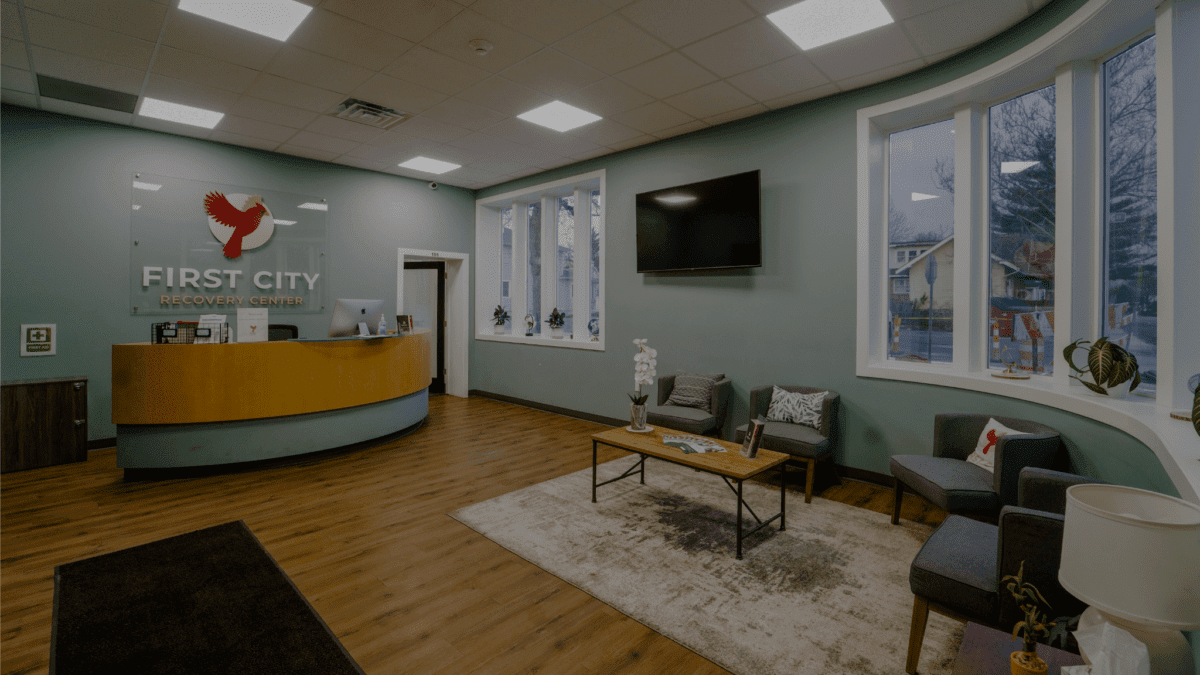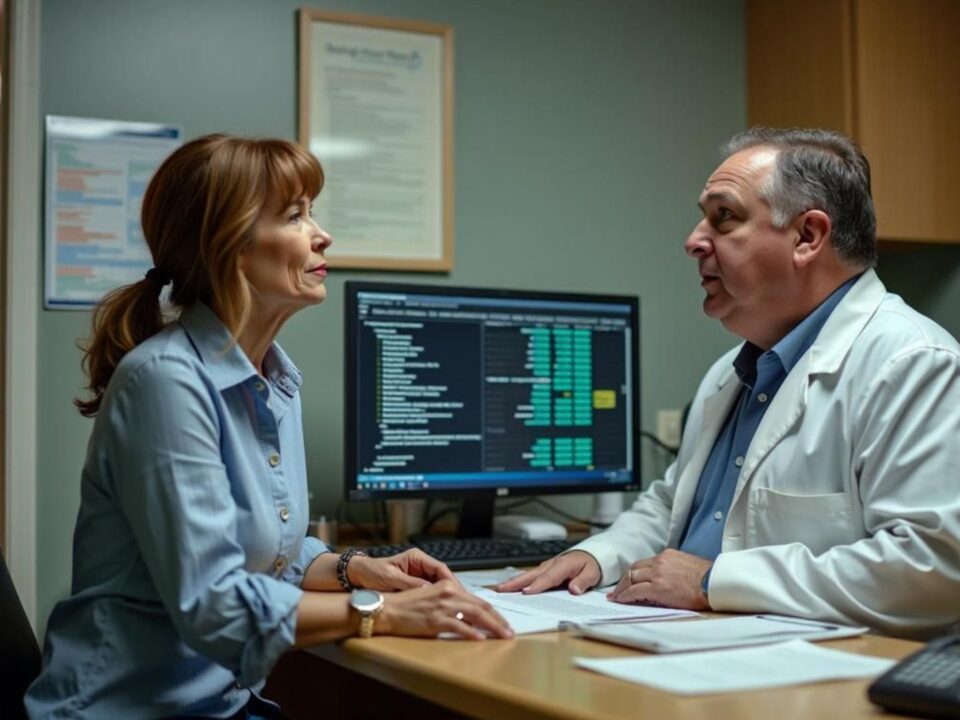
Why Seek Co-Occurring Disorders Treatment In Kokomo, Indiana?
January 20, 2025
What to Look for in Top Co-Occurring Disorders Treatment Centers
January 20, 2025Struggling with both mental health issues and substance use can feel like being trapped in a never-ending cycle. Many people face this challenge, known as co-occurring disorders. You might be searching for the right place to get help but unsure where to start.
In this guide, you’ll discover critical criteria for evaluating co-occurring disorders treatment centers. We’ll cover staff qualifications, treatment options, the importance of accreditation, patient outcomes, and more.
Let’s find the best care for your needs with the Mental Health Services Administration!
Key Takeaways
- Unified Treatment Approach: Effective centers tackle both mental health and substance use together. This dual focus helps improve long-term recovery.
- Qualified Staff Is Key: Evaluate staff credentials in mental health counseling, therapy, and medication management. Experienced professionals in these areas ensure better outcomes.
- Integrated Therapies Work Best: Look for centers offering a mix of psychotherapy, medication management, support groups, and holistic methods like art therapy or yoga.
- Accreditation Matters: Accredited centers meet strict quality standards, proving their credibility. They are more likely to offer evidence-based treatments that work.
- Patient Outcomes Tell the Story: Check data on patient progress post-treatment. Satisfied patients and positive stories often indicate high-quality care.
What Criteria Define the Best Co-Occurring Disorders Treatment Recovery Centers?
Effective recovery co-occurring disorders treatment Kokomo, Indiana centers offer specialized treatment approaches. They address both mental health and substance use issues simultaneously. These centers feature integrated plans combining medication with psychotherapy.
According to experts, comprehensive strategies involving counseling and support groups greatly enhance recovery rates.
Flexible treatment durations help accommodate the severity of co-occurring disorders. The best programs provide a variety of evidence-based therapies customized to specific conditions.
How to Assess Staff Qualifications at Recovery Centers
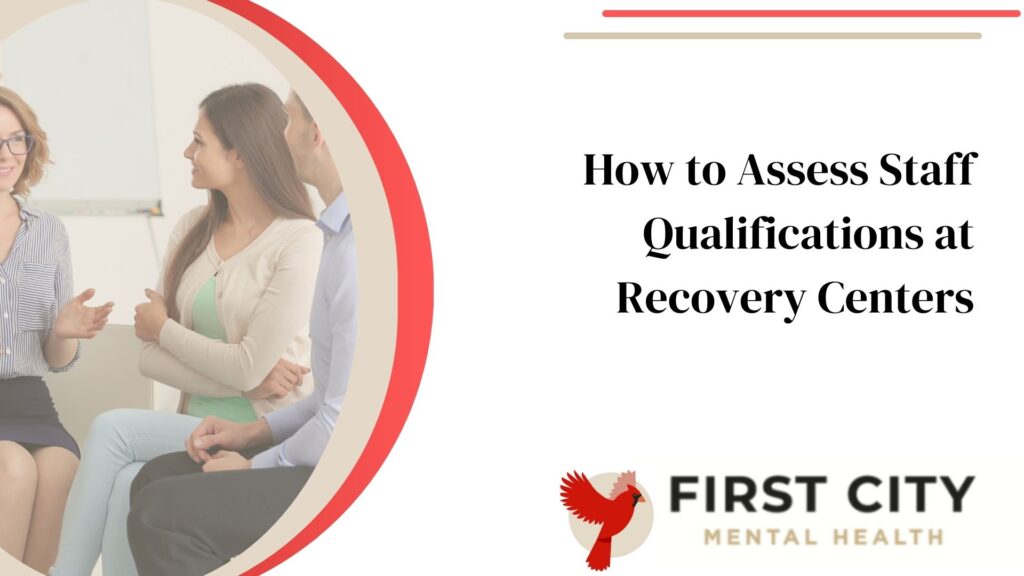
Review staff credentials in mental health counseling, therapy, and medication management. Check their experience with treating issues like ADD, BPD, and MDD. Confirm their skills in cognitive-behavioral therapy (CBT).
Regular evaluations ensure up-to-date care.
Look for comprehensive treatment approaches. This means both psychotherapy and alternative therapies should be available. High-quality centers should have staff trained in various methods to fit different needs.
Proper training leads to better outcomes in co occurring disorders treatment.
What Treatment Modalities Should the Best Centers Offer?
Top centers offer integrated treatment for co-occurring disorders. They combine psychotherapy, medication management, and support groups to tackle both mental health and addiction issues simultaneously.
Individualized plans address the specific needs of each patient. Qualified mental health professionals provide psychiatric services.
Holistic recovery methods like art therapy and yoga help too. Centers continuously evaluate and adjust treatment strategies based on patient progress. This approach ensures comprehensive care that adapts to changing needs during the recovery journey of substance use disorder and mental health disorders and to treat co occurring disorders.
Why Accreditation Matters in Evaluating Recovery Centers
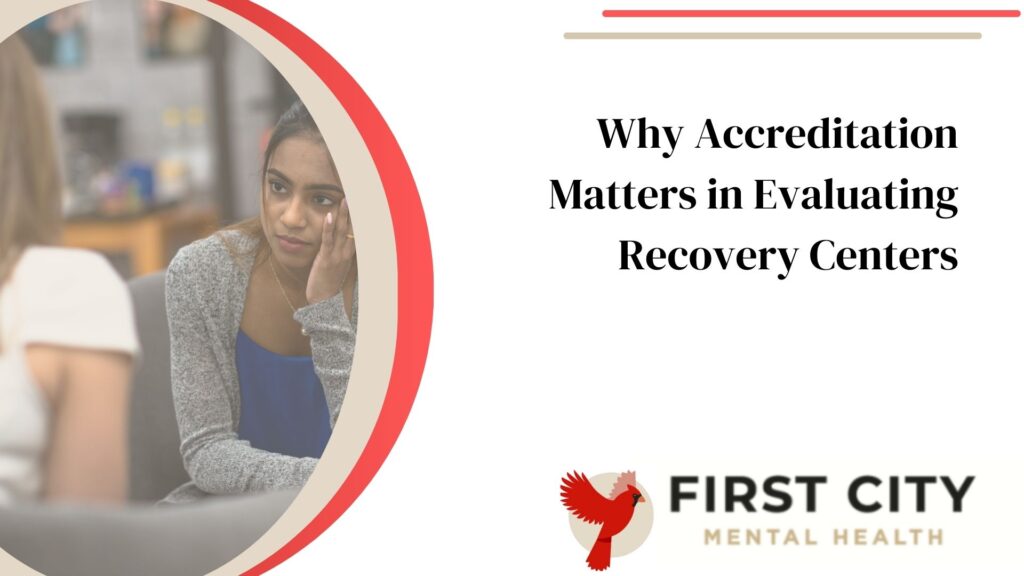
Accreditation ensures recovery centers meet specific quality and safety standards. It shows that the center has undergone a rigorous evaluation to prove its credibility and competence for mental illness or mental disorders.
Accredited centers are more likely to offer evidence-based treatment for co-occurring disorders, making them a safer bet.
These facilities usually have qualified staff who can handle complex needs. They also tend to have the right resources in place. “Choosing an accredited recovery center enhances the likelihood of effective care,” experts say.
Accreditation as a key factor makes it easier to make an informed decision about adult co-occurring disorders treatment.
How to Use Patient Outcomes to Gauge Center Effectiveness
Patient outcomes provide an honest picture of a center’s success. Look for data on long-term progress. Centers that track patients even after treatment often offer better care. Check if the treatment effectively addresses both mental health and substance use disorders.
A good recovery plan will show improvement in both areas over time-related to environmental factors of mental health conditions.
Patient satisfaction is critical too. Happy patients mean quality care and support during their journey to recovery. Personal stories from past patients can be very revealing. They highlight how personalized approaches worked or didn’t work for them.
This information makes it easier to judge which co-occurring disorders treatment centers fit your needs best.
What Infrastructure Supports Are Essential in Top Recovery Centers?
A top adult co-occurring disorders treatment recovery center must offer psychiatric services, including counseling, therapy, and medication management by qualified mental health professionals. The center should also provide alternative therapies like art therapy, yoga, and meditation to enhance traditional treatments.
Support groups play a vital role at these centers. They offer a safe space for sharing experiences and giving mutual support. Treatment options should be customized to individual needs, using psychotherapy, medication, and self-care strategies.
Essential infrastructure supports high-quality care for mental health issues in co-occurring disorders treatment centers in places like Kokomo, Indiana.
How Technology Integration Improves Care at the Best Centers
Technology integration enhances access to treatment for co-occurring disorders at the best centers. Telemedicine and digital platforms improve communication, making coordinated care easier.
Mobile apps help patients track progress and manage symptoms effectively.
Virtual reality therapy offers new treatments for co-occurring disorders. Wearable devices monitor mental health indicators continuously, enabling early interventions. Artificial intelligence aids in detecting issues early and providing timely care solutions.
When Is the Optimal Time to Visit Potential Recovery Centers?
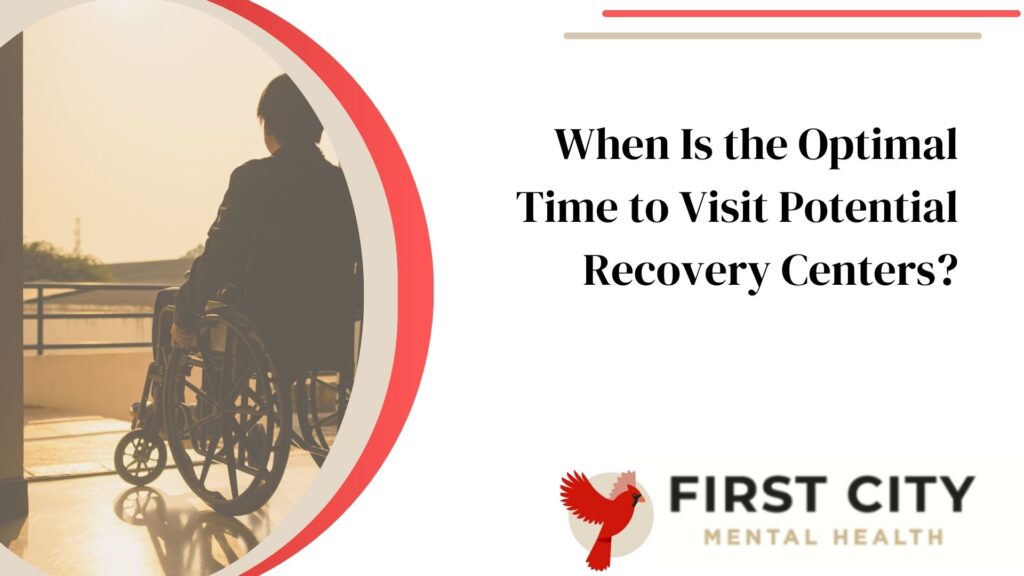
Digital tools now improve patient care at recovery centers. They offer online therapy and real-time monitoring to enhance the treatment of co-occurring disorders outcomes.
The ideal time to visit a recovery center is when disorders greatly disrupt daily life. Immediate professional help becomes crucial with suicidal thoughts. Early diagnosis helps manage severe symptoms, often stemming from family history or trauma.
Stressful events like job loss can trigger the need for timely evaluation. Co-occurring disorders often require longer treatments, emphasizing the importance of early visits.
Final Thoughts
Choosing the best co-occurring disorders treatment program recovery center can make a difference. Look for centers with qualified staff and varied treatment methods. Check for accreditation to confirm quality care.
Review patient outcomes to judge effectiveness. Visit potential centers early in the process.
FAQs
What should I look for in a co-occurring disorders treatment center?
When evaluating a center for co occurring disorders treatment, consider their experience with both mental health and substance abuse issues. Check if they offer personalized plans and have qualified staff.
How can I find the best treatment for co-occurring disorders in Kokomo, Indiana?
Research centers specializing in co-occurring disorders treatment in Kokomo, Indiana, by reading reviews and asking healthcare professionals for recommendations. Visit facilities to see their programs firsthand.
Are there specific treatments for co occurring disorders that work best?
Yes, effective treatments often include integrated therapy approaches that address both conditions simultaneously. Look for centers offering cognitive-behavioral therapy (CBT) and other evidence-based practices.
Why is choosing the right recovery center for treating co-occurring disorders important?
Selecting the right center ensures comprehensive care that addresses all aspects of your condition, improving chances of long-term recovery and overall well-being.


